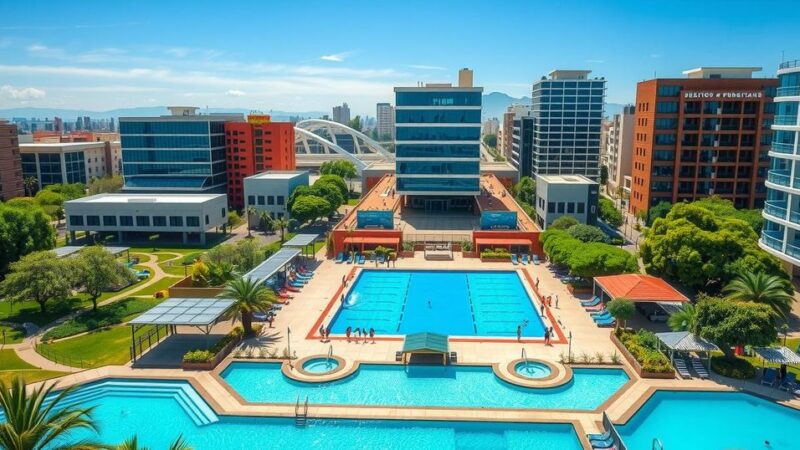Argentina is negotiating a substantial upfront payment from its US$20-billion IMF program, focusing on disbursement size and timing to strengthen reserves. Past IMF agreements highlight the challenges faced by Argentina’s economic management amid political shifts. Historical issues of frontloading have influenced earlier negotiations, necessitating careful attention to current talks.
Argentina is currently pursuing a substantial upfront payment as part of its proposed US$20-billion program with the International Monetary Fund (IMF). Ongoing negotiations focus on the amount and timing of the disbursements. While the specific amount requested by Argentina remains undisclosed, it has become a critical aspect of the discussions due to Argentina’s urgency to bolster its international reserves.
The Treasury plans to allocate a portion of the anticipated IMF funding towards reducing its debts with the Central Bank via non-transferable notes, enabling the Central Bank to solidify its financial position. As negotiations unfold, Argentina’s Economy Ministry has not commented on the exact upfront amount requested, while the IMF has acknowledged that disbursement terms are still being deliberated.
According to IMF Chief Spokeswoman Julie Kozack, disbursements will generally occur in tranches throughout the program’s duration, with ongoing negotiations determining the specifics of each tranche size and timing. Investors are closely monitoring these developments following Economy Minister Luis Caputo’s confirmation that the total deal will indeed amount to US$20 billion.
Morgan Stanley has speculated that an initial US$5 billion disbursement is likely by 2025, alongside anticipations of additional funds from other international financial institutions. However, Caputo indicated that the IMF’s executive board may require weeks to reach a decision on the loan’s approval.
Historical context is essential, as negotiations concerning frontloading have significantly influenced Argentina’s previous IMF agreements in 2018 and 2022—both of which were insufficient in stabilizing the economy. In 2018, Argentina received an augmented upfront payment of US$57 billion, but poor management amid political turbulence led to significant losses. Conversely, in 2022, a subsequent government received US$9.8 billion to refinance the earlier loan, as political pressures and economic regulations remained persistent challenges.
In summation, Argentina’s negotiations with the IMF center around seeking a significant upfront payment from a proposed US$20-billion program, with an emphasis on enhancing international reserves. While the specific financial details remain under discussion, historical precedents exhibit a challenging landscape where previous agreements struggled to stabilize the economy. This ongoing negotiation process is crucial as it determines not only Argentina’s immediate financial strategy but also its economic resilience going forward.
Original Source: batimes.com.ar






